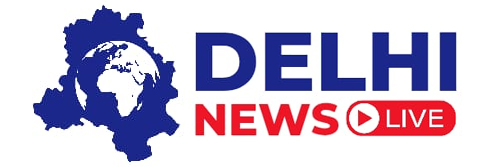New Delhi: The Delhi High Court has called upon the Lieutenant Governor (LG) to respond to a petition challenging a notification that empowers the police to issue takedown notices for social media content.
A bench comprising Chief Justice D.K. Upadhyaya and Justice Tushar Rao Gedela issued a notice to the LG and the Union Ministry of Electronics and Information Technology, directing them to submit their replies within six weeks. The court has scheduled the next hearing for September 17.
The case was brought before the court by the Software Freedom Law Center (SFLC), which is contesting the legality and constitutional validity of the LG’s notification. This notification designates the Delhi Police as the nodal agency under the Information Technology (Intermediary Guidelines and Digital Media Ethics Code) Rules, 2021, thereby granting it the authority to issue takedown notices for online content.
The notification allows officers of the Delhi Police to issue orders to social media companies and other intermediaries to remove content deemed illegal under the Information Technology Act.
Advocate Talha Abdul Rahman, representing the petitioner, argued that this designation lacks a legal foundation. He asserted that neither Section 79 of the Information Technology Act nor the IT Rules of 2021 provide any authority for the appointment of such a nodal agency.
“The statutory power to block or remove online content is exclusively vested in the Central Government under Section 69A of the IT Act, in conjunction with the Information Technology (Procedure and Safeguards for Blocking for Access of Information by Public) Rules, 2009. The contested notification, by extending these powers to the police, exceeds constitutional and statutory limits and is, therefore, ultra vires the parent legislation,” the petition stated.
The statement further asserted that permitting police officers to unilaterally issue takedown notices—without judicial or independent oversight—creates a pathway for unchecked censorship and arbitrary limitations on constitutionally protected speech.
It argued that this approach infringes upon Articles 19(1)(a) and 21 of the Constitution, and stands in stark contrast to landmark Supreme Court rulings that underscore the necessity of legal safeguards and proportionality in actions that affect fundamental rights.

